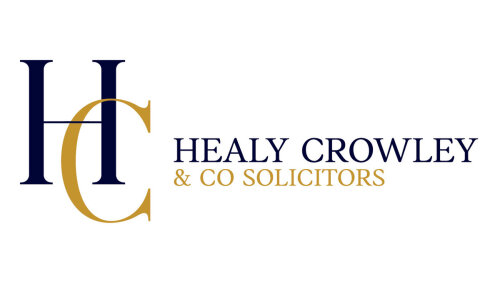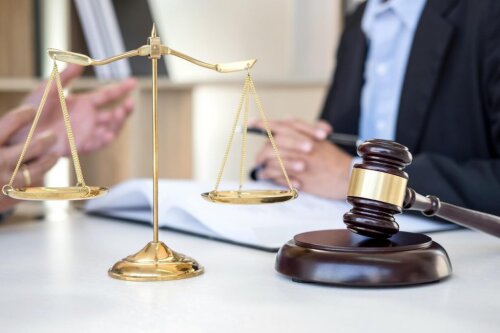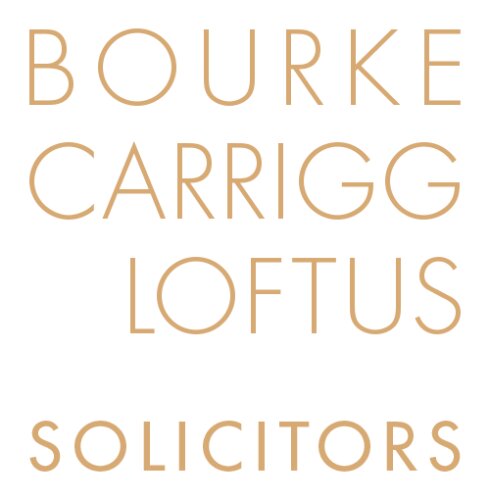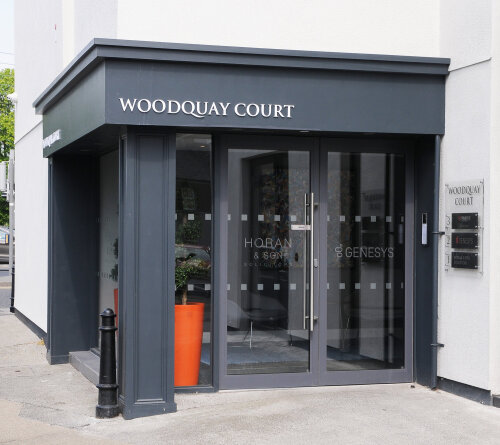Best Mining Law Lawyers in Ireland
Share your needs with us, get contacted by law firms.
Free. Takes 2 min.
Or refine your search by selecting a city:
List of the best lawyers in Ireland
About Mining Law in Ireland
Mining Law in Ireland is a distinct area of legislation that governs the exploration, extraction, development, and management of minerals and mining resources within the country. The regulatory framework addresses issues such as licensing, permitting, environmental protection, health and safety, land ownership, and the relationship between miners and landowners. Laws are designed to balance the interests of the State, mining operators, private landowners, and the wider community, while also ensuring minerals are extracted in a legal and sustainable way. In Ireland, most minerals are owned by the State, and the government regulates access and activities through specific statutes and regulatory bodies.
Why You May Need a Lawyer
Mining projects and activities are complex and subject to extensive regulation. You may require the assistance of a lawyer for several reasons, including:
- Securing exploration licenses or mining leases from the State.
- Negotiating access agreements with private landowners.
- Ensuring compliance with strict environmental and health and safety regulations.
- Resolving disputes between mining companies, landowners, or local authorities.
- Advising on planning permissions and development consents.
- Managing due diligence for mergers, acquisitions, or investments in mining ventures.
- Navigating complex taxation and royalty obligations.
- Responding to enforcement actions or regulatory investigations.
- Assisting with community and stakeholder engagement requirements.
- Handling legal issues arising from closure or rehabilitation of mining sites.
A specialist lawyer can guide you through the legal intricacies, help you safeguard your interests, avoid costly mistakes, and ensure compliance with all relevant Irish laws.
Local Laws Overview
Several key laws and regulations govern mining in Ireland. The principal legislation includes:
- Minerals Development Acts: These laws vest the ownership of most minerals in the State and provide for licensing and leasing arrangements between the State and operators.
- Planning and Development Act 2000 (as amended): Mining developments typically require planning permission from the local authority. Environmental assessment and public consultation can form a critical part of this process.
- Environmental Protection Laws: Mining operations often require integrated pollution control licenses and must comply with waste management, water protection, and habitat conservation rules.
- Health, Safety and Welfare at Work (Mines) Regulations: Robust regulatory standards are in place to protect mine workers and site visitors.
- Common Law and Landowner Rights: While the State owns most minerals, landowner consent is usually required for site access and surface works.
- Other Regulatory Requirements: These may include public health, heritage, and archaeological considerations, as well as ongoing reporting obligations.
The Department of the Environment, Climate and Communications is the primary regulatory authority, working with other agencies such as the Environmental Protection Agency and local planning authorities.
Frequently Asked Questions
What minerals are covered by Irish mining law?
Most minerals, except for certain minor materials like stone or clay used for local purposes, are covered by Irish mining law and are typically owned by the State.
Do I need a license to explore for minerals in Ireland?
Yes. You must apply for a prospecting license from the State before engaging in mineral exploration activities. This allows you to search for specific minerals in a defined area.
Can I extract minerals from land I own?
In most cases, mineral rights are separate from land ownership and belong to the State. You need a State mining lease or license, regardless of land ownership. You also need the landowner's consent for surface works.
What environmental requirements apply to mining operations?
Mining projects must comply with strict environmental regulations, including environmental impact assessments, integrated pollution control licenses, and compliance with European Union directives on habitats and water.
How long does it take to get mining approvals?
The process can be lengthy, often taking several months to years, depending on issues such as environmental assessments, planning permissions, and public consultations.
What taxes or royalties are payable on minerals?
Operators may need to pay royalties and other payments to the State, as well as standard corporate taxes. The exact amounts depend on the mineral type and the terms of the State agreement.
How are disputes with landowners resolved?
Disputes may arise over access, compensation, or damages. These are commonly addressed through negotiation, mediation, or, if necessary, litigation or arbitration.
Are there protections for local communities?
Yes. Planning and environmental laws require public consultations, environmental impact assessments, and may mandate community benefits or mitigation measures.
What happens when a mine closes?
All mining projects must have closure and rehabilitation plans in place. Operators are responsible for restoring sites and minimizing long-term environmental impacts.
Can foreign companies operate mines in Ireland?
Yes. Ireland allows foreign companies to apply for mineral rights and operate mining projects, provided they comply fully with all relevant Irish laws and regulations.
Additional Resources
If you require advice or more detailed information, the following resources may be helpful:
- Department of the Environment, Climate and Communications: Responsible for licensing and oversight of mineral exploration and production.
- Environmental Protection Agency: Regulates environmental licensing and compliance.
- Local Authorities: Handle planning permission and development consents.
- Geological Survey Ireland: Provides geoscience information relevant to mining.
- Mining and Quarrying Safety and Health Association: Offers industry guidance and best practices.
- Irish Mining and Quarrying Society: A professional association for networking, training, and advice.
- Law Society of Ireland: Directory of solicitors with expertise in mining and natural resources law.
Next Steps
If you believe you require legal assistance relating to mining law in Ireland, begin by gathering all relevant documents, including any licenses, leases, maps, planning permissions, and correspondence. Identify the specific legal issue you are facing. Consider consulting a solicitor with experience in mining or natural resources law. You can locate qualified solicitors through the Law Society of Ireland or by seeking recommendations from industry associations. Prepare a summary of your situation and key questions before your first consultation to make the most of your legal advice. Early professional guidance can help you avoid major pitfalls, comply with regulations, and achieve the best outcome for your mining project or investment.
Lawzana helps you find the best lawyers and law firms in Ireland through a curated and pre-screened list of qualified legal professionals. Our platform offers rankings and detailed profiles of attorneys and law firms, allowing you to compare based on practice areas, including Mining Law, experience, and client feedback.
Each profile includes a description of the firm's areas of practice, client reviews, team members and partners, year of establishment, spoken languages, office locations, contact information, social media presence, and any published articles or resources. Most firms on our platform speak English and are experienced in both local and international legal matters.
Get a quote from top-rated law firms in Ireland — quickly, securely, and without unnecessary hassle.
Disclaimer:
The information provided on this page is for general informational purposes only and does not constitute legal advice. While we strive to ensure the accuracy and relevance of the content, legal information may change over time, and interpretations of the law can vary. You should always consult with a qualified legal professional for advice specific to your situation.
We disclaim all liability for actions taken or not taken based on the content of this page. If you believe any information is incorrect or outdated, please contact us, and we will review and update it where appropriate.
Browse mining law law firms by city in Ireland
Refine your search by selecting a city.

















